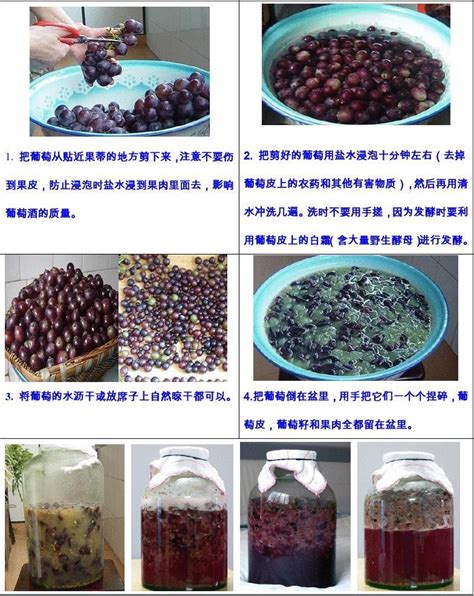Title: Pros and Cons of Homemade Red Wine
Introduction:
Making homemade red wine has become a popular hobby for many wine enthusiasts. While it can be a rewarding and enjoyable experience, there are also some drawbacks to consider. In this article, we will explore the pros and cons of making homemade red wine.
Pros of Homemade Red Wine:
1. Quality control:
One of the main advantages of making homemade red wine is the ability to have complete control over the entire winemaking process. You can carefully select the grapes, monitor fermentation, and adjust the flavors to suit your preferences. This allows for a personalized and unique wine that may not be commercially available.
2. Costsaving:
Homemade red wine can be a costeffective option compared to purchasing highquality bottles from wineries or stores. By sourcing the grapes or juice directly from vineyards, you can significantly reduce the cost of your wine production. Additionally, you can choose to reuse bottles, corks, and other winemaking equipment, further lowering expenses.
3. Learning experience:
Making your own red wine provides an opportunity to learn about winemaking techniques and deepen your knowledge of the craft. From the initial grape selection to the final bottling process, you can gain valuable insights into the science and artistry behind winemaking. This knowledge can be applied to improve future batches or even pursue a career in the wine industry.
4. Bonding and creativity:
Homemade red wine can be a social activity that brings together friends and family. From harvesting grapes to bottling the finished product, the entire process can be a shared experience, fostering stronger relationships and creating lasting memories. Moreover, you can experiment with different grape varieties, fermentation methods, and aging techniques, showcasing your creativity and unique flavors.
Cons of Homemade Red Wine:
1. Timeconsuming:
Producing homemade red wine requires a significant investment of time. From crushing and pressing the grapes to frequent monitoring during fermentation and aging, the process can take several months or even years. This can be a drawback for those seeking immediate results or lacking the patience and commitment required for longterm projects.
2. Potential for mistakes:
Inexperienced winemakers may face challenges and make mistakes that can lead to undesirable outcomes. Issues such as improper fermentation, contamination, or incorrect aging conditions can result in spoiled or undrinkable wine. It takes practice and knowledge to consistently produce highquality homemade wine.
3. Limited resources:

Without access to professional winemaking facilities and equipment, homemade red wine production may be limited in scope. Temperaturecontrolled fermentation, specialized presses, and stainless steel tanks are just a few examples of resources that may not be readily available to home winemakers. This can potentially affect the overall quality and consistency of the final product.
4. Storage requirements:
Proper storage and aging are crucial elements in producing quality red wine. Home winemakers may face challenges in finding suitable conditions to store and age their wine, such as a cool and dark cellar or a temperaturecontrolled wine fridge. Without proper storage, the wine may deteriorate or fail to develop its full potential.
Conclusion:
Making homemade red wine offers numerous advantages such as quality control, cost savings, learning experiences, and creative expression. However, it is important to consider the potential drawbacks such as time commitment, potential mistakes, limited resources, and storage requirements. By weighing these pros and cons, individuals can make an informed decision about whether homemade red wine production is the right choice for them.
文章已关闭评论!
2025-10-01 00:27:52
2025-09-30 02:25:49
2025-09-30 01:25:51
2025-09-30 00:25:40
2025-09-29 03:23:53
2025-09-29 02:23:47
2025-09-29 01:23:41
2025-09-29 00:23:42